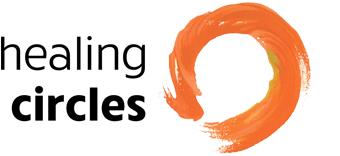What is Intentional Healing?
Healing has several definitions. Physiological healing is defined as the restoration of damaged tissue to normal function, either by regeneration, repair, or both. In the field of integrative medicine, healing is more frequently understood as a movement toward wholeness. This movement can take place physically, emotionally, mentally, and spiritually. Healing at each of these levels may facilitate healing at other levels. There are many examples of emotional, mental, and spiritual healing supporting physiological healing. And physiological (or physical) healing unquestionably can support emotional, mental, and spiritual healing. Even if complete physiological healing is no longer possible, emotional, mental, and spiritual healing may continue – sometimes even more powerfully than before.
Most cancer cures result from medical treatment. Healing, by contrast, as we understand it, comes from within. Healing may be seen as the physical, emotional, mental, and spiritual movement toward wholeness. It can be enhanced—or impeded—by external conditions. Healing may help extend life. But whether you live longer or not, healing can expand your life. Healing helps you make the best of whatever time you have. But even if you’re losing ground physically, healing at the mental, emotional, and spiritual levels can be utterly transformative.
Intentional healing is the conscious sustained effort to enhance the healing process. Healing itself is natural. Intentional healing is a conscious strategy of supporting this natural healing process. Research gives us good reason to believe that conscious, sustained, and deep healing work may sometimes extend life. It certainly often expands life. Exercise, yoga, meditation, stress reduction, healthy diet, group support, finding meaning in our lives, and attention to our inner lives are all examples of powerful tools for intentional healing.
Many people are not aware of the power of our intentions. They may lack what in psychology is called an “inner locus of control,” which means that you believe you have some control over your life—especially over your response to events. Having a high inner locus of control makes it more possible to develop and sustain intentional healing.
An older word for inner locus of control is “will.” The concept of will was once central to psychology. It largely disappeared with Freud and was further undercut by behavioral psychology and the neurosciences. But the concept of the will was preserved in some humanistic and transpersonal psychologies by psychologists like Rollo May, who wrote Love and Will, and Roberto Assagioli, the founder of Psychosynthesis, who wrote The Act of Will.
Header photo by Corrine Bayley




